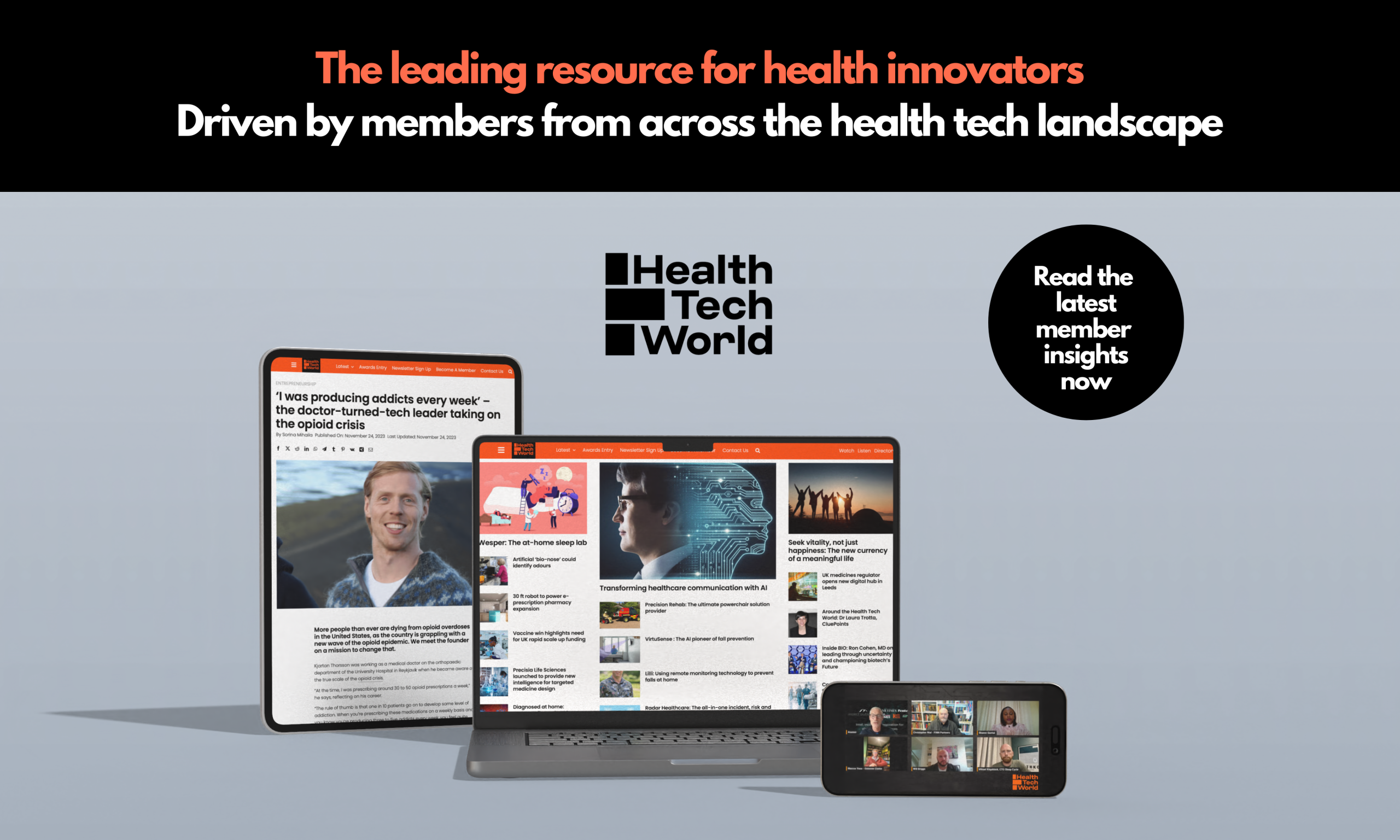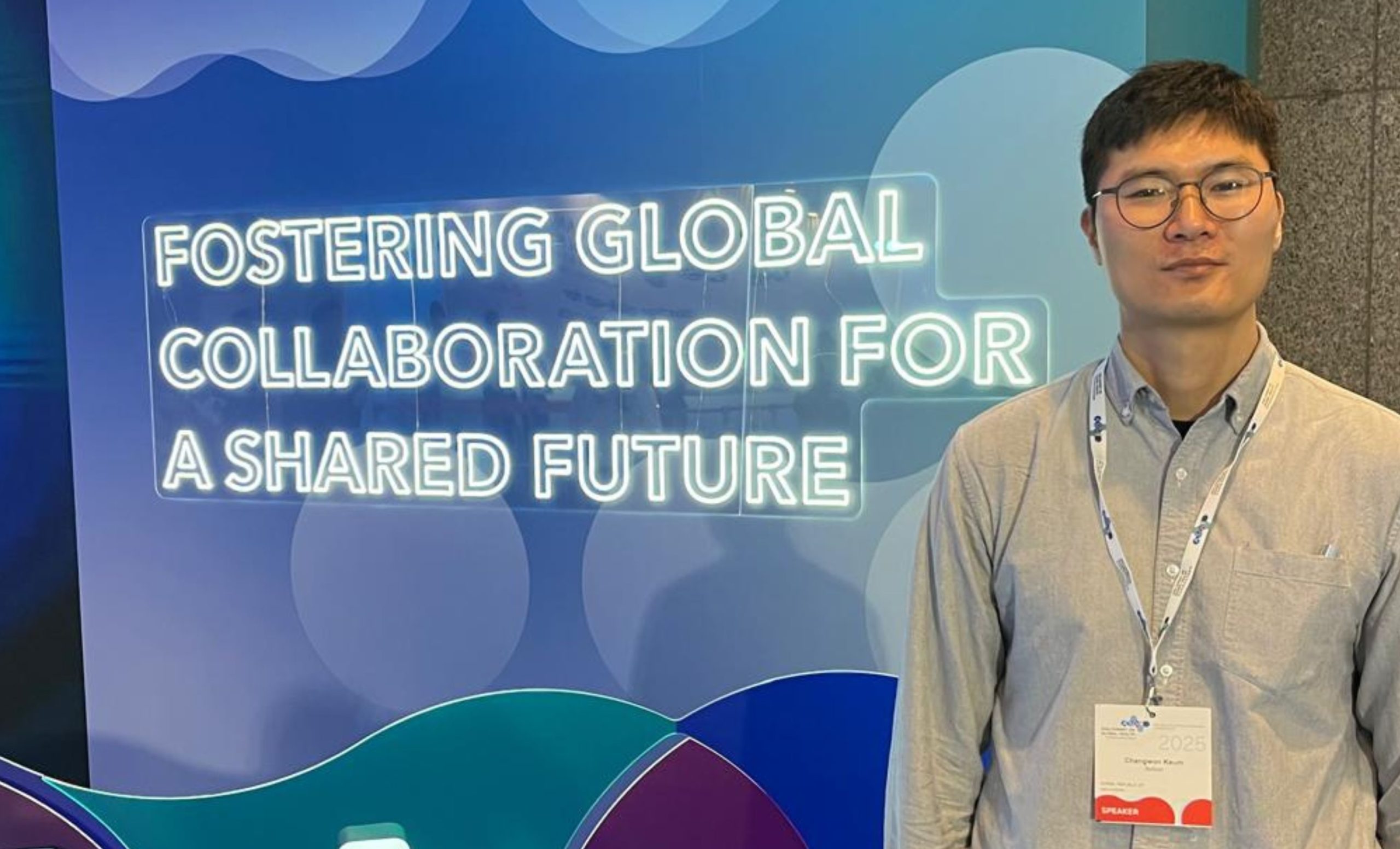Interview: How AI could predict your health from one drop of blood

iCarbonX is applying deep learning to gain greater insights into personal health and is advancing AI-driven drug development. Health Tech World speaks to founder and CEO Dr Wang Jun to find out more.
The last decade has seen major advancements in artificial intelligence, genomics, and data analytics, and iCarbonX is harnessing these technologies to advance personal health insights, diagnostics and drug development.
iCarbonX has developed four diagnostic pipelines covering autoimmune diseases, allergy-related antigen testing, infectious disease detection, and cancer biomarkers.
The company has also developed cost-effective testing methods and is developing AI-powered health avatars.
Speaking to Health Tech World, Dr Wang Jun discusses the company’s mission to create comprehensive digital health profiles and expand across the globe, along with future challenges in healthcare such as data privacy and manufacturing.
Can you tell us about the history of iCarbonX?
iCarbonX has had a 10-year journey. Before founding iCarbonX, I co-founded BGI and served as CEO for 16 years. I started iCarbonX with the vision to understand life in a completely new way.
The idea was that life could be digitised, computed and networked.
We built the company on that assumption, and began gathering multidimensional data to understand health, disease and life through complex correlations.
For example, we have developed technology to analyse fingertip blood samples for DNA, RNA, protein, antibody, and more, very cost-effectively.
Now we can perform this comprehensive testing for just a few dollars.
With that data, we apply deep learning to understand personal health in greater depth.”
What areas does iCarbonX work in?
In addition to health insights, we’re also using our technologies, such as our peptide array platform, for drug development – developing an antibody drug.
Right now, we have four or five drugs in the pipeline, some already showing promising phase two results.
Along with the data we have generated for drug development, this represents another application of our AI technology.
On the diagnostics side, we have also developed pipelines for autoimmune diseases, allergy and infectious disease testing, and cancer biomarkers.
Some of these already have CE approval or China’s NMPA approval.
We are currently working to scale manufacturing and marketing efforts for IBD testing and for the ‘Digital Me’ project.”
Can you tell us about the Digital Me project?
In Dongtai, a small town in Jiangsu Province, China, with a population of about one million, we launched the ‘Digital Me’ project where we are screening the normal population using our digital health technology and AI.
We are aiming to enable more personalised healthcare and healthcare insights.
We have also developed an anti-ageing app that categorises ageing at the molecular and organ levels – stratifying ageing into different molecular types.
Based on this molecular stratification, we are trying to use different interventions to promote healthy ageing – feeding this data back into our models to continuously improve.
Have you noticed the pace of technological development accelerating over the last decade, and what are the biggest challenges you see over the next 10 years?
While AI and data tech are advancing quickly, biotech development remains very difficult and time-consuming.
For example, our Digital Me technology took 10 years to develop. It is a complex fusion of semiconductors, chemistry, and biology – it doesn’t happen overnight.
I see many challenges over the next decade. For example, scaling manufacturing, entering new markets, building trust in our technology – all of that takes time and effort.
Political concerns are also a major issue. We used to call ourselves a global company, but the geopolitical climate has forced us to focus on local operations for now.
Data privacy is another big topic – we need to ensure we handle data securely while still advancing AI.”
Are you currently a global company, or mostly based in China?
At the moment, we are based entirely in China, with all offices and labs here. But now that we have completed most of the R&D phase, we are planning to establish international labs.
Hong Kong is one option, along with Europe, the Middle East, Singapore, and Australia. We’re still exploring what makes the most sense.
Hong Kong is already a step outside of mainland China. For example, international samples can be shipped there more easily.
There is also a more international standard for products developed there, and it is closer in terms of global engagement – so it could be a strong gateway for us.”
Are there new applications or technologies in development?
Our main focus remains the Digital Me technology. But we are also expanding into intervention products, not just drugs, but also nutritional supplements and lifestyle tools.
The goal is to create personal avatars using AI, and then apply targeted interventions. As we see how those affect outcomes, the system learns and improves.”
Did the pandemic affect your business, either positively or negatively, and are you looking at any new international markets or R&D centers?
It had both effects. On the positive side, the pandemic made people more health-conscious. Covid-19 testing helped educate the public about self-testing and health monitoring. That aligns with our vision for future healthcare.
Of course, the pandemic also had a negative impact on the economy and markets. But we’re rebuilding and continuing to move forward.
We are exploring options for new R&D hubs outside of China. We are weighing factors like geography, politics, and cost. We want to expand globally, but we’re still assessing where to begin.”
Health Tech World met Dr Wang Jun at the Asia Summit on Global Health, facilitated by the Hong Kong Trade Development Council (HKTDC).







